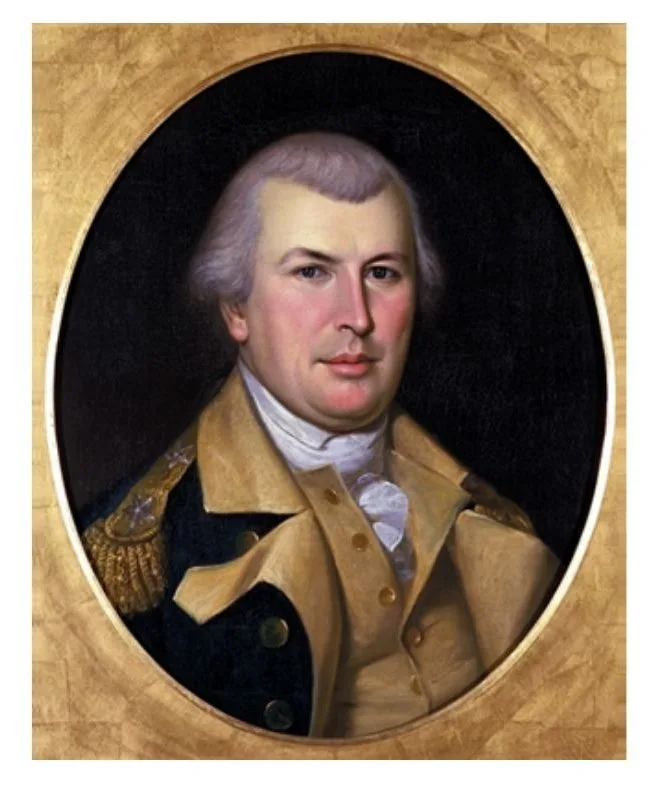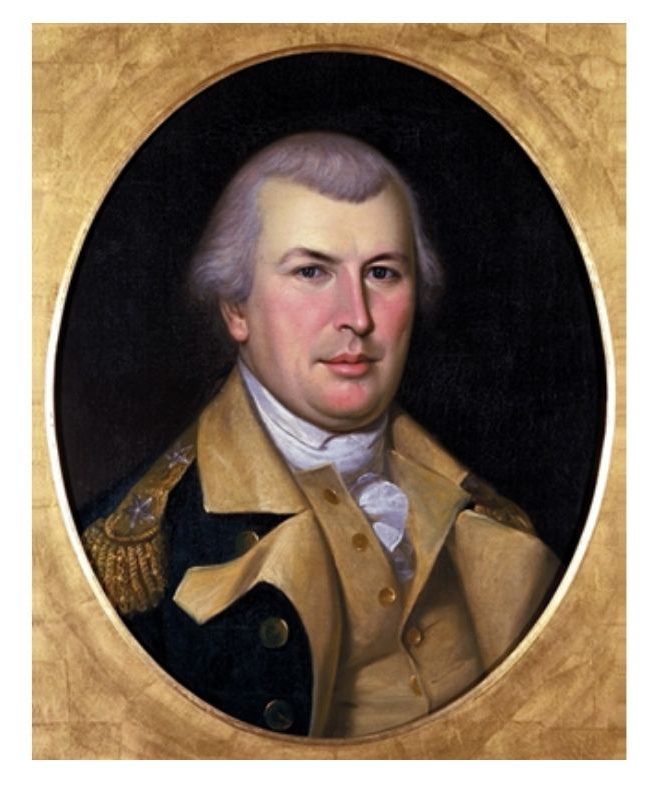Nathanael Greene was one of the most skilled generals of the American Revolution.
General George Washington held Major General Nathanael Greene in such high esteem that he became Washington’s most trusted advisor.
An Unusual Beginning For a Soldier
Greene was born into a devout Quaker family.
During Greene’s earlier years, he struggled with his interest in military science. It conflicted with the Quaker pacifism in which he had been raised.
The Military Side of Greene Wins
Greene studied a great many books on military doctrine, strategy, and tactics.
In 1774, Greene became involved with the organization of a Rhode Island militia unit.
This was all too much for the Quakers, they expelled Greene from the religion.
Private Greene
Greene had a slight limp which had troubled him all his life. Because of his limp, Greene could not be promoted above the rank of private in the Rhode Island Guard.
But, even as a private, Greene was an important member of the militia. He convinced a British drill sergeant to desert his unit and come train the Rhode Island militia.
From Private to Major General
Rhode Island established three regiments following the battles of Lexington and Concord.
Apparently, a slight limp did not exclude a man from becoming a general officer because Nathanael Greene was selected to command the regiments. He was promoted from Private to Brigadier General.
His organizational abilities made a great impression on General Washington.
After the British retreated following the Siege of Boston in 1776, Greene proved his capabilities by taking command of the city.
In August of 1776, General Washington promoted Greene to Major General.
Greene proved himself to be a competent battlefield commander in New Jersey at the battles of Trenton, Princeton, and Monmouth.
The British Southern Campaign and an Inept American General
Because the War was not going well in the north, the British decided to concentrate on the southern colonies.
in the spring of 1780, Major General Horatio Gates was given command of the Continental Southern Army.
Despite the facts that many in his army suffered from dysentery and his army was running low on supplies, Gates ordered his army to approach the British Army at Camden, South Carolina. This resulted in the Battle of Camden on August 16, 1780.
The Battle of Camden was one of the largest American defeats in the War.
General Gates left his army on the battlefield and rode almost 200 miles in three days. He was accused of cowardice and removed from command in October 1780.
As a note of interest, Horatio Gates was one of two Colonial Army generals who believed that he should replace George Washington as Commander-in-Chief.
Major General Nathanael Greene Saves the South
Washington immediately replaced General Gates with General Greene as commander of the Continental Southern Army.
General Greene was poised to fight General Charles Cornwallis, one of Britain’s most able field commanders.
Unlike General Gates, General Greene had the ability to organize his men into an impressive fighting force.
General Greene’s army was smaller and not as well equipped as General Cornwallis’ army.
Greene knew that a direct attack against Cornwallis would be suicide, so he divided his forces and adopted hit-and-run tactics. These smaller engagements were quite effective.
American forces under General Greene performed extremely well in the Carolinas and Virginia.
The British chased General Greene all over the Carolinas and Virginia with little success.
The chase was very costly to the British. Cornwallis had no supply chain. Cornwallis’ men were tiring and the army was running short on both food and ammunition.
On the other hand, Greene’s smaller forces were in an area friendly to them and supplies were not as much of a problem.
By the fall of 1781, General Greene had forced General Cornwallis to withdraw to Virginia’s Yorktown peninsula.
Major General Nathanael Greene provided General George Washington with a path to victory.


